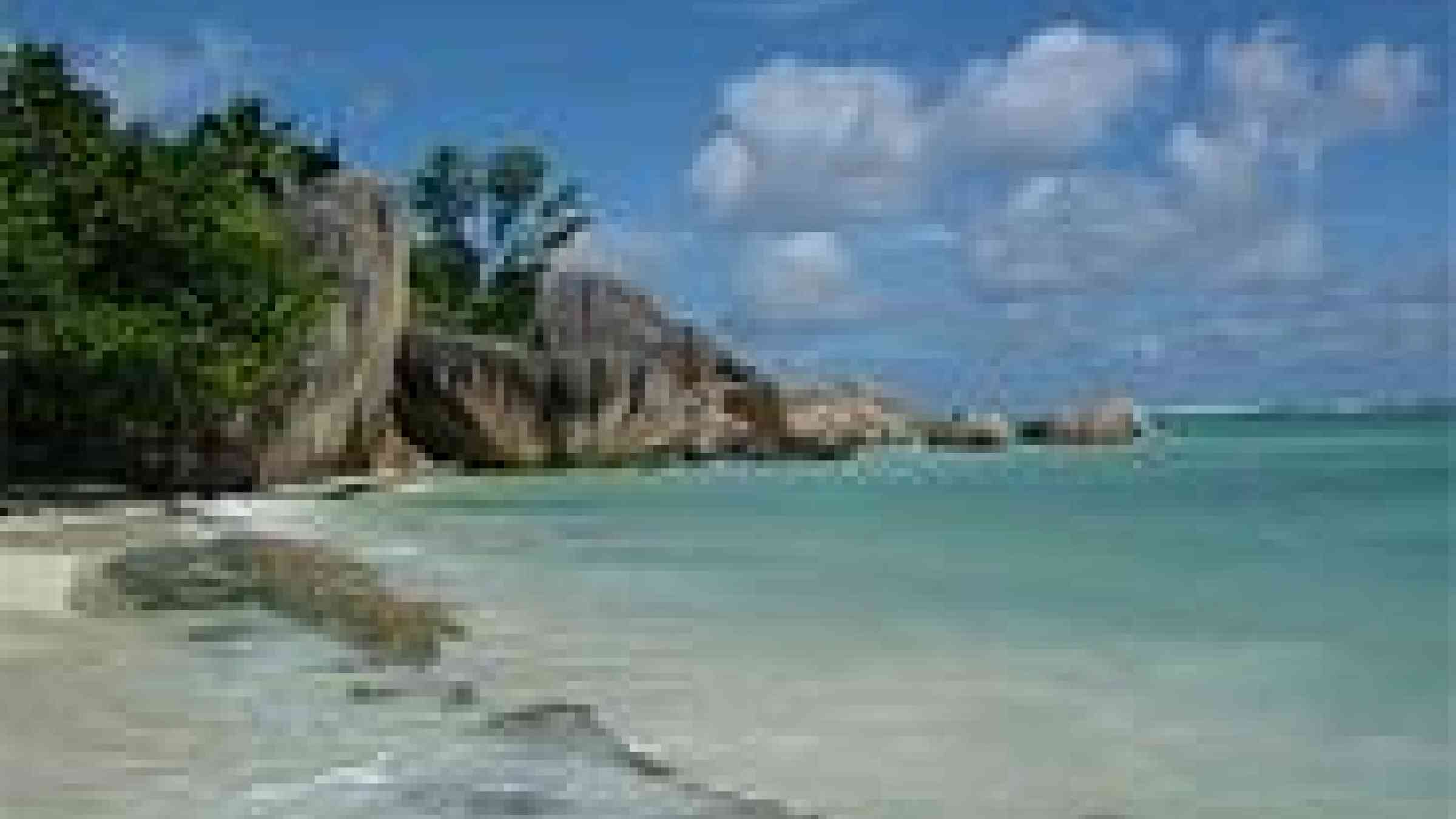Please help us improve PreventionWeb by taking this brief survey. Your input will allow us to better serve the needs of the DRR community.
Seychelles: 'Disaster preparedness and alert is not a joke' says Minister Payet

Photo by Manogr CC BY-NC-SA 2.0 http://www.flickr.com/photos/manogr/2657494507
Two weeks after a tsunami alert over the entire Indian Ocean, following a strong earthquake on the Eastern coast of Sumatra, stakeholders met for consultations on the national Disaster Management Bill.
This was held at the STC Hall Monday, when representatives of the police, fire services, various ministries, notably Health and Environment, as well as NGOs such as the Seychelles Red Cross, discussed ways to better sensitize everyone concerning the need for disaster management legislation. Opening the workshop, Environment and Energy Minister Rolph Payet said disaster management and early warning carries a lot of responsibility.
Dr. Payet said while disaster management and early warning carries a lot of responsibility, and while international news agencies, such as CNN, just share the news about impending or occurring disasters, they bear no responsibility for the response or liability for any damages that may occur.
National authorities on the other hand, bear this responsibility. So irrespective what the international media states, it is the prerogative of the national authority to dictate the level of alertness at the national level. Lifting the alert is the responsibility of the designated authority since it has the primary responsibility for public safety, he said.
Dr. Payet noted that in Seychelles we have a National Disaster Management structure and coordinating body and this institution has the final say on the national alert system. “Therefore, the legislation will provide the powers that are required to ensure that the national body will be able to undertake adequate measures before, during and after a disaster”.
Dr. Payet said National Disaster Management legislations have been formulated and enacted in 48 countries. These include India, Sri Lanka, Australia, South Africa and the Philippines, to name just a few. He said that lessons learnt from past incidents, such as domestic and forest fires, chemical accidents, flash flood and the tsunami of December 2004, have shown clearly where we need to have legislative powers.
Dr. Payet told a history of the Chilean Tsunami which raced across the Pacific Ocean on May 22, 1960. That was around 7 am Hawaiian time and the US and Geodetic Survey issued an official warning that waves expected to reach Hilo, on the Chilean coast at about midnight. Coastal sirens on Hilo sounded intermittently for about 20 minutes. Yet when the first wave, only a few heights arrived after midnight, hundreds of people were still at home on low ground in Hilo. Others thinking that the danger had passed, returned to Hilo before the highest wave of the tsunami struck at 1.04 am on May 23. Altogether 61 people in Hilo died and some 280 were badly injured. These tragedies occurred because the warning sirens were interpreted differently by different people. Although everyone heard the sirens, only about a third of them thought it was a signal to evacuate without further notice.
“Ladies and gentlemen”, said Dr. Payet “disaster preparedness and alert is not a joke and should not be taken lightly”.
Explore further
Please note: Content is displayed as last posted by a PreventionWeb community member or editor. The views expressed therein are not necessarily those of UNDRR, PreventionWeb, or its sponsors. See our terms of use
Is this page useful?
Yes No Report an issue on this pageThank you. If you have 2 minutes, we would benefit from additional feedback (link opens in a new window).